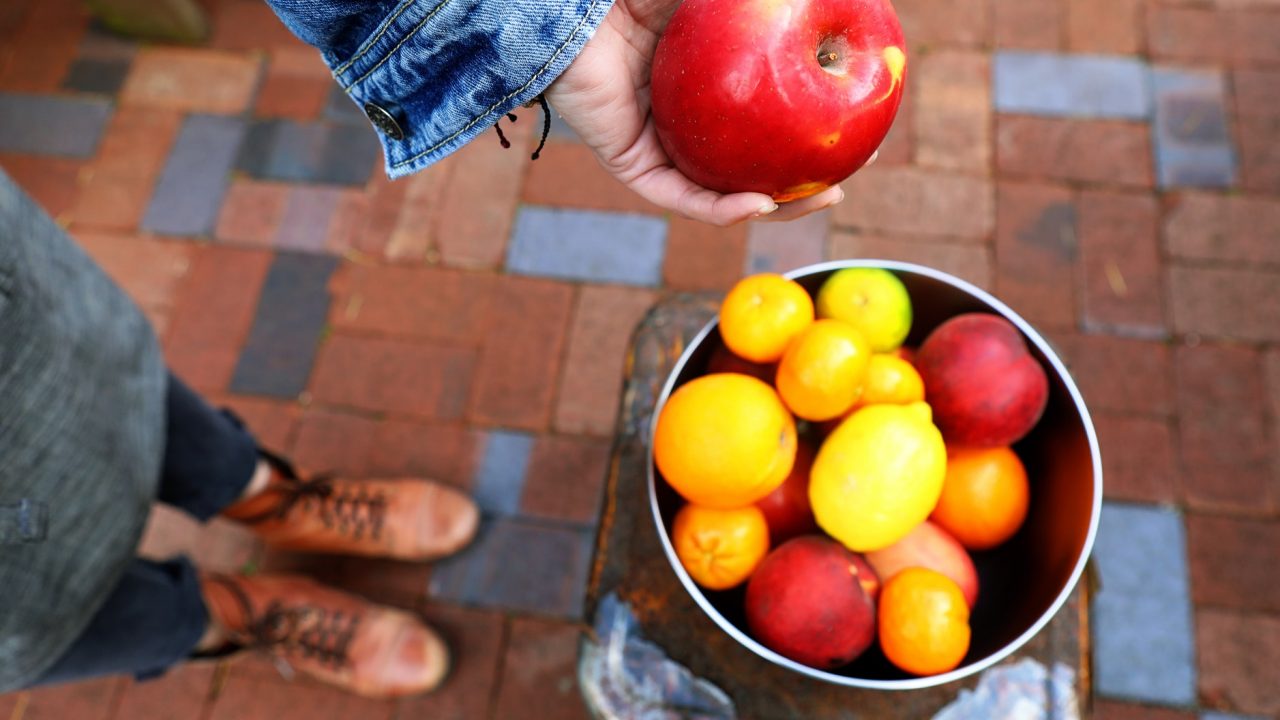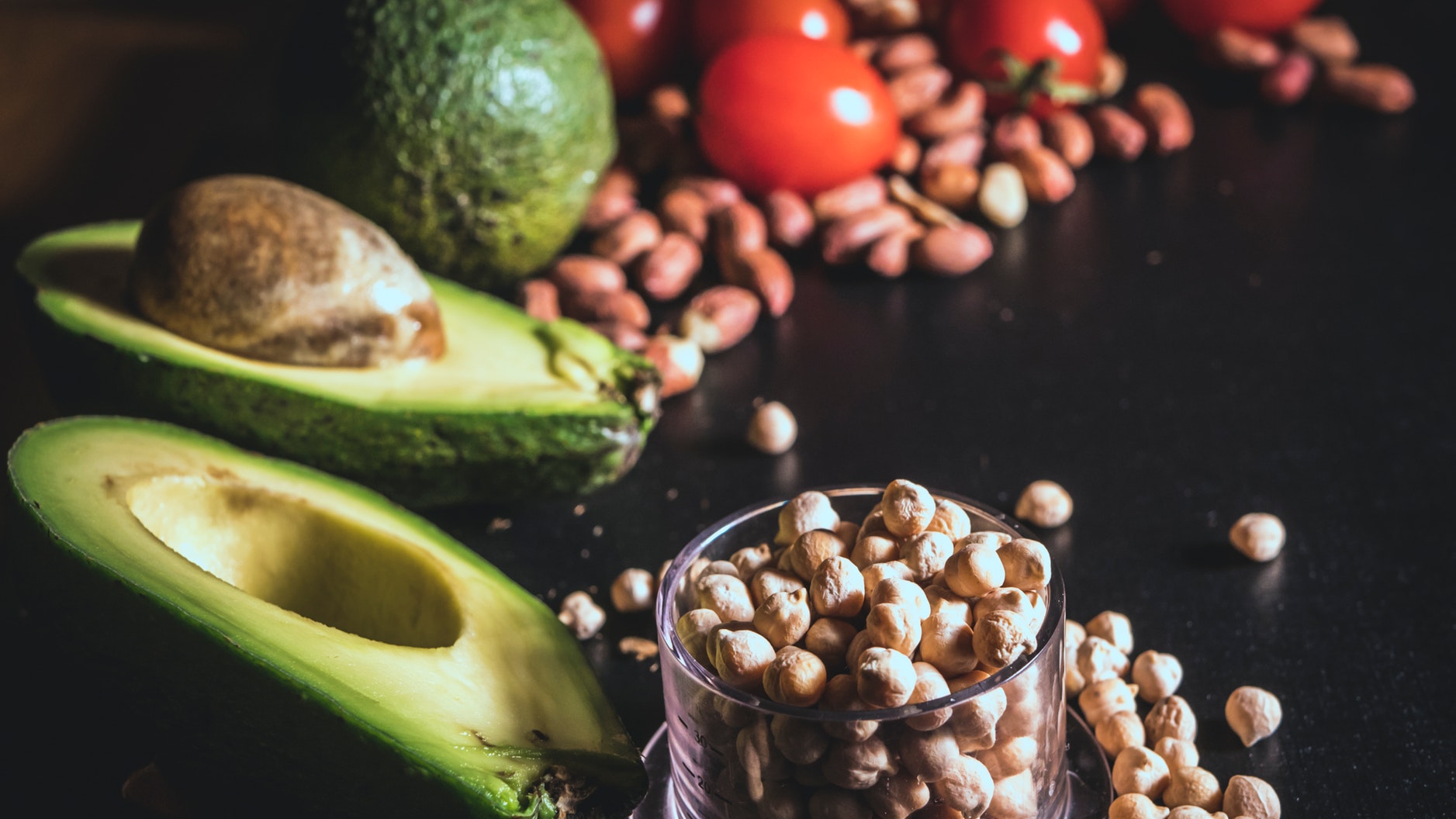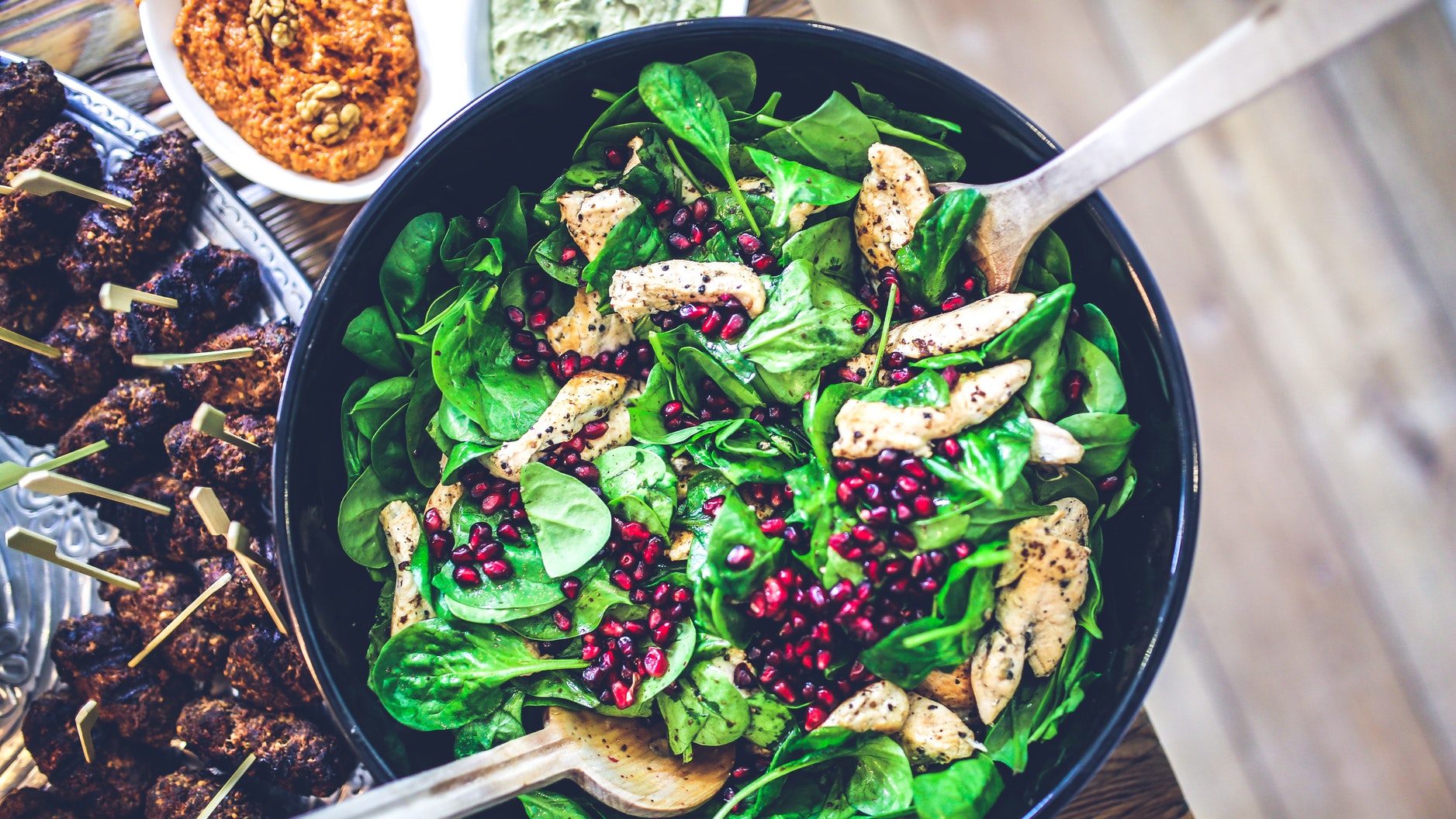Almost everything has an organic counterpart. From the food we eat to the clothes we wear, we have an option to go organic. We have an idea of what organic entails- something healthier and better for the environment- but what does it really mean? How organic is organic? Understanding organic may change the way and where you shop.

What is “organic”?
Organic refers to the way food is grown. Organic produce must be grown without synthetic fertilizers, synthetic pesticides, and genetically modified organisms (GMO). Natural fertilizers including manure and compost and natural pesticides including birds, insects, and traps are common in organic produce. Even weeding is controlled naturally through ways such as crop rotation, mulching, and tilling rather than simply using chemical herbicides.
As for meat and dairy products, they too have guidelines in order to be deemed organic. While conventional-raised meat and dairy can be fed growth hormones and GMO, organic is fed none of this. Disease is prevented through cleanliness and a healthy diet for organic livestock while antibiotics are common for conventional. Lastly, organic livestock must have access to the outdoors while this is only an option for conventional livestock.
Besides knowing the background of organic vs. non-organic, individuals should know how to distinguish organic products at the store.
In order to be given an organic label by the USDA, 95% or more of the ingredients must be organic. The seal for these foods are green and white and shoppers should be careful as stores sometimes use similar looking labels for non-organic foods.
These foods are organic, but foods with the label “made with organic ingredients” should cause some concern. These foods are made with at least 70% organic ingredients. Shoppers won’t know what is organic in the product and what isn’t so caution should be exercised before throwing it into the cart.
Benefits of Organic
There are a few big reasons organic foods are good for you:
- Less Pesticides: All the different pesticides on conventional produce have been termed carcinogens. Washing and peeling fruits and vegetables gets rid of some chemicals, but studies have shown some still remain in the produce. The benefits of consuming less chemicals include more energy and better overall function.
- Less hormones and by-products: Livestock are typically given all types of hormones, antibiotics, and animal by-products. In order to raise bigger livestock quicker, measures like this are being taken. Livestock are fed hormones, other animals by-products, and even sewer sludge. Organic livestock are given none of this and are even roaming around in their natural environment.
- Fresher and more Nutritious: Because of how carefully organic livestock and produce are raised, they are way more fresh and nutritious. In fact, levels of certain nutrients including Omega-3 have been reported to be up to 50% higher in organic meat and dairy.
- Better for the environment: The use of synthetic pesticides has an impact on the environment. These chemicals stay on plants and when animals such as birds feed on these plants, they ingest the chemicals. This disrupts the environment’s food chain. The more plants animals eat, the more the pesticide builds up. Sometimes these animals die because of the chemicals which means less food for its natural predator. On the other hand, the more of these animals the predators eat, the quicker the predators die. In the end, no one wins and a lot of wildlife end up dying.
So how organic is organic? Pretty organic.
Shopping Tips
While it is definitely better to shop organic, not everyone can buy organic products week in and out. Buying a variety of both while being knowledgeable about what is going into your body is the key. Remember that organic produce uses natural pesticides that haven’t been researched much.
That being said, here are some items that are known to have higher levels of pesticides so the organic versions of them should be bought: Peppers, peaches, apples, grapes, tomatoes, strawberries, kale, and cucumbers.
Here are some items that don’t need to be organic: mango, pineapple, onion, cabbage, mushroom, avocado, and asparagus.
Because conventionally raised animals are being fed literally crap, the poor nutrition is carried over to you. This is true for the chemicals and the food. For example, when birds eat plants that have been previously exposed to pesticides, they carry a small amount of that pesticide too. This is why it’s wise to try and buy organic meat and dairy products when you can.
Because organic foods take more labor to produce, they are often considerably more expensive to buy. There are a few ways to get around this.
- Shop around: Don’t stick to one store and the same produce. Compare prices at different grocery stores and farmers markets and you will be surprised at how prices vary. Also, don’t be afraid to check out the freezer aisle. Check out this article about how healthy frozen produce is.
- Check out farmers markets: You will be surprised about how many farmers markets there are. Some small, some big, these are the best places to buy organic foods.
- Join a Co-op: A cooperative grocery store typically offers lowers prices. The only catch is you must pay an annual fee, but if you shop a lot then it is worth it.
- Join a community supported agriculture (CSA) farm: People in your community can join together and buy produce in bulk from a local organic farm. This is the best because not only is the produce the freshest, you are supporting local business.
Conclusion
The difference between organic and inorganic foods and how they are produced are quite shocking. While it is always better to opt for organic meat or dairy, however, buying inorganic produce is totally fine. The cost of going organic only is high and the availability of quality organic foods can be limited.
Organic foods are actually very organic and healthy for you. Replacing your favorite foods with an organic alternative might do wonders for your body over time.
For tailored nutrition and fitness plans, exclusive content, and much more, sign up with Modern Fit today!



